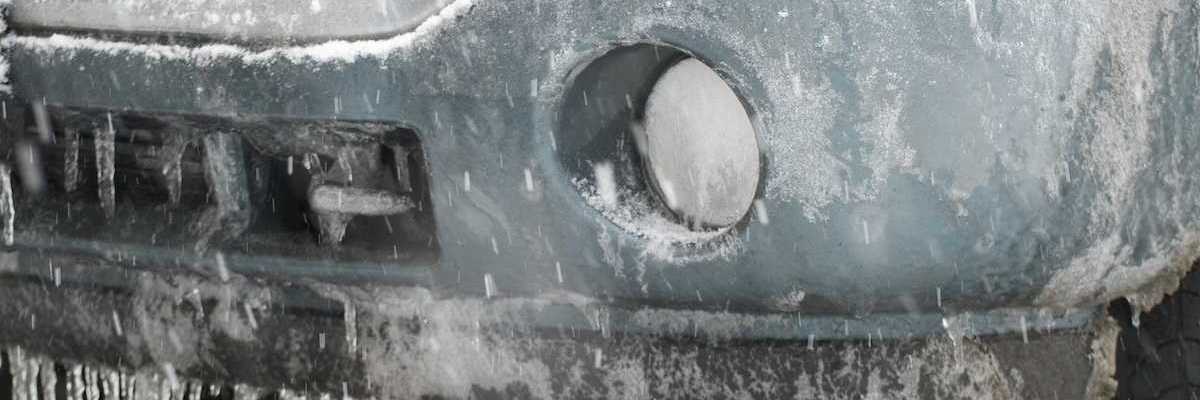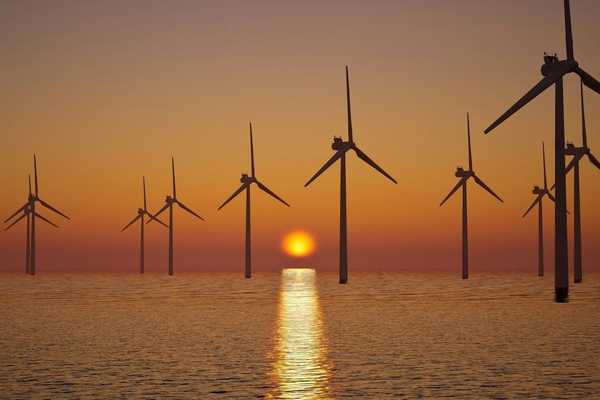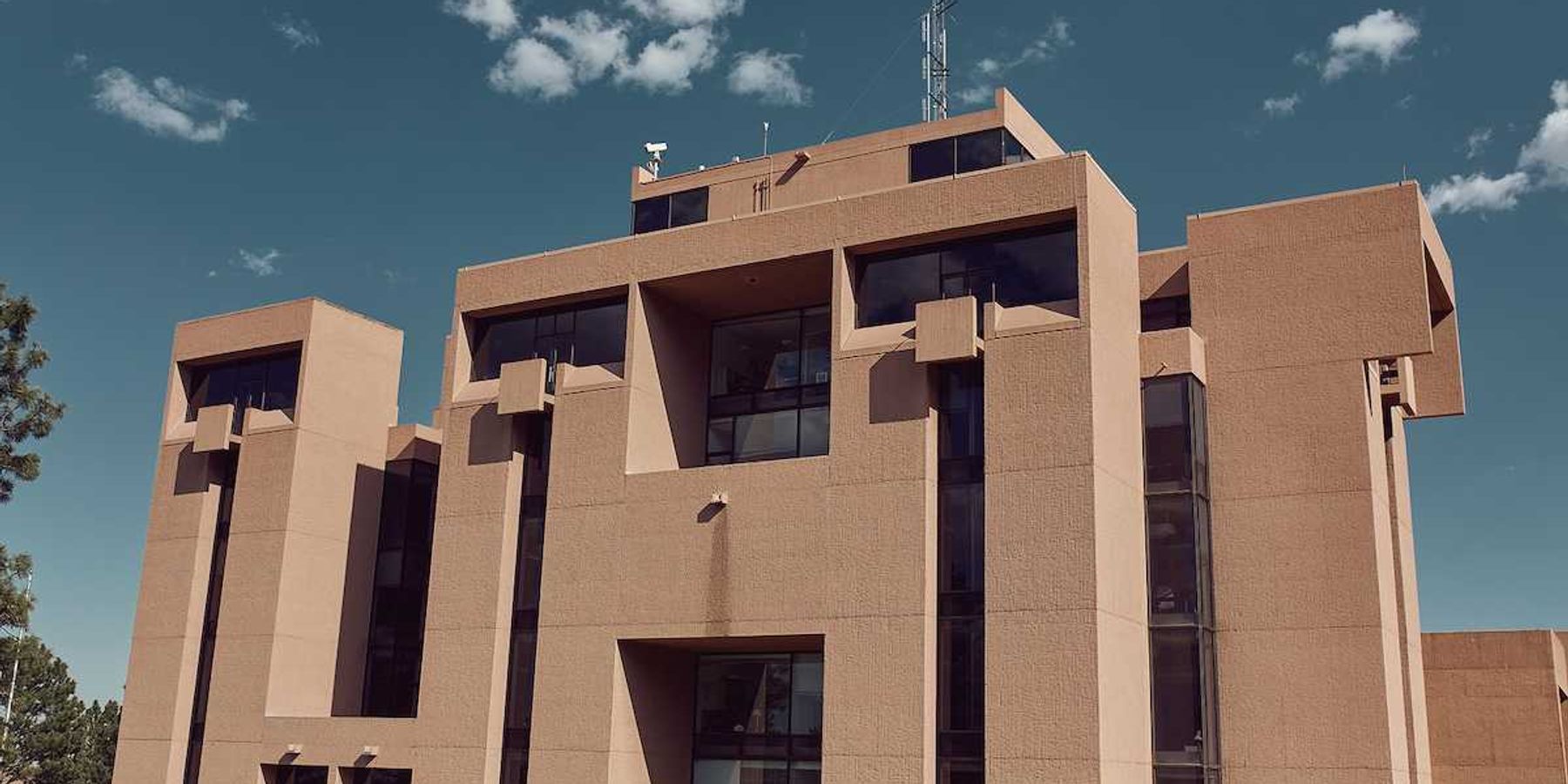politics
Opinion: The UK government didn’t want you to see this report on ecosystem collapse. I’m not surprised
It took an FOI request to bring this national security assessment to light. For ‘doomsayers’ like us, it is the ultimate vindication, says Guardian columnist George Monbiot.
UK among 10 countries to build 100GW wind power grid in North Sea
Energy secretary Ed Miliband says clean energy project is part of efforts to leave ‘the fossil fuel rollercoaster.’
AI-driven misinformation on climate change is a growing threat
AI tools like Bard and ChatGPT have been found to generate and spread climate change misinformation, raising concerns about their potential impact on public opinion.
In short:
- Studies show that AI tools like Bard and ChatGPT can fabricate climate misinformation, making it harder to distinguish real science from fake.
- AI-generated misinformation can be spread via synthetic media, social bots, and algorithms that tailor content based on users’ biases.
- Researchers are developing AI tools to counter misinformation, but they face challenges such as “hallucinations” and the rapid pace of AI advancement.
Key quote:
“ ... researchers have suggested that AI is being used to emotionally profile audiences to optimize content for political gain.”
— Asheley R. Landrum, associate professor at the Walter Cronkite School of Journalism and Mass Communication and a senior global futures scientist at Arizona State University
Why this matters:
AI-generated climate misinformation threatens to undermine trust in science. Its ability to spread rapidly and persuasively, especially on social media, makes it a significant challenge for combating climate disinformation and influencing public policy.
Related: Fossil fuel industry spreads misinformation to hinder global shift to renewable energy
London's low-emission zone got kids out of cars and onto their feet
A year after London's clean air zone was enforced, 40% of children began walking or biking to school instead of being driven, according to new research.
In short:
- A study found that 40% of kids in London's ultra-low emissions zone switched from car rides to walking or biking within a year of the policy's start.
- In contrast, only 20% of children in the control group city, Luton, made the same switch, with an equal number starting to drive.
- Researchers say this shift could combat childhood obesity and improve both mental and physical health.
Key quote:
"Physical activity in general is vital for preventing obesity... and has benefits for children’s physical development and mental health.”
— Christina Xiao, epidemiologist at Cambridge University
Why this matters:
Research shows that penalizing driving—rather than just building bike lanes or walking paths—is often more effective at getting people out of their cars. And whether it's through incentives or penalties, the takeaway is clear: what’s good for the planet is often what’s best for the kids too. Read more: Another road is possible.
Biden's green energy policies are expected to save lives and grow jobs, reports show
New reports suggest that President Biden's climate policies will save 200,000 lives by reducing pollution and have already added nearly 150,000 clean energy jobs in the U.S.
In short:
- Biden’s Inflation Reduction Act has led to 150,000 new clean energy jobs, with 3.5 million now working in the sector.
- Clean energy jobs grew 4.5% last year, outpacing U.S. employment growth, especially in energy efficiency, renewables, and electric vehicles.
- Trump's campaign promises to end clean energy incentives if elected, aiming to deregulate the energy sector.
Key quote:
"The biggest threats to this unprecedented progress are misguided efforts to repeal or roll back parts of the IRA."
— Bob O'Keefe, executive director of E2.
Why this matters:
Reducing pollution saves lives and improves public health. Clean energy job growth boosts the economy but faces potential reversal if Trump wins, risking pollution increases and economic setbacks in this sector.
The Inflation Reduction Act’s green energy promise is putting Black communities at risk
A proposed tax credit for biomass energy plants could accelerate pollution in Black communities in the rural South, where forests are already being depleted for European energy demands.
In short:
- Biomass plants, which burn wood pellets for energy, emit carcinogens and other pollutants, disproportionately affecting Black and low-income communities.
- The proposed tax credit could subsidize biomass facilities, despite evidence that these plants are more harmful to the environment than coal.
- Over a million acres of forests in the rural South are being cleared for biomass production, worsening health and environmental outcomes for local residents.
Key quote:
"Ultimately, we’re killing the Earth and each other. It’s a false climate solution that leaves Black and brown communities still bearing the brunt of the damage."
— Treva Gear, Georgia activist
Why this matters:
Communities like Adel, Georgia are left with the pollution, loss of green space and the destruction of the very forests we depend on to capture carbon. It’s an ironic twist—clean energy for Europe, while Black communities in the South bear the brunt of the damage. Read more: How Europe’s wood pellet appetite worsens environmental racism in the US South.
Low natural gas prices hurt Pennsylvania’s energy sector more than fracking debates
Natural gas prices in southwestern Pennsylvania have plummeted, hurting local businesses and farms, while debates over fracking continue in political campaigns.
In short:
- Natural gas prices in southwestern Pennsylvania have dropped 80% over the past two years, leading to job losses and stalled drilling.
- Farmers like Brian Hrutkay, who rely on gas royalties, face financial difficulties as companies delay infrastructure projects to transport gas.
- The political debate over fracking has overshadowed the pressing issue of how to raise gas prices and boost local economies.
Key quote:
“We don’t have the infrastructure to move enough gas away. It's frustrating to me.”
— Brian Hrutkay, Pennsylvania farmer
Why this matters:
Natural gas prices significantly affect local economies in Pennsylvania. Without improved infrastructure, low prices will continue hurting farmers and energy workers who rely on gas production for income.
Be sure to read: Fractured: Buffered from fracking but still battling pollution











